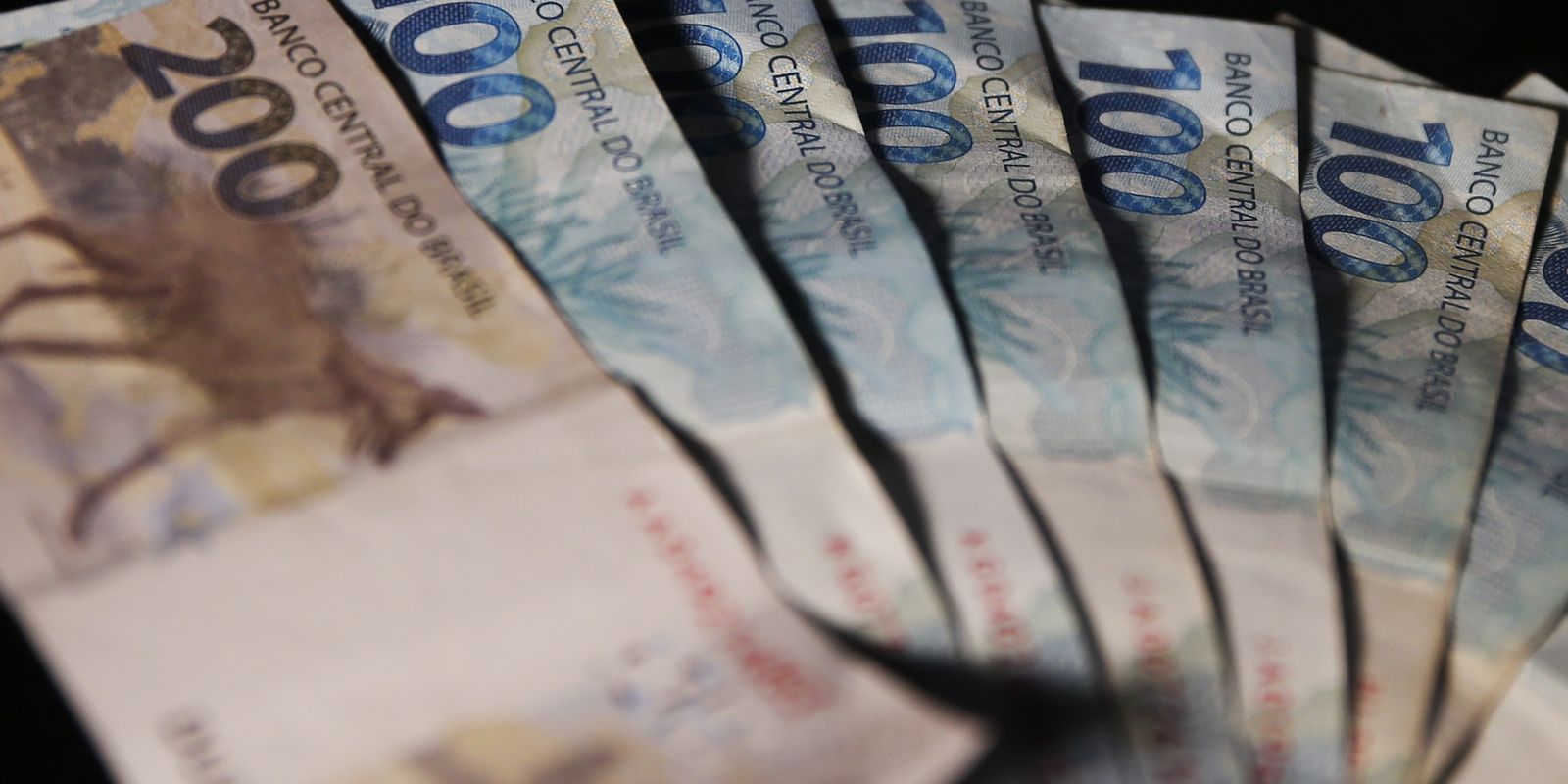Public accounts are the subject of constant attention from public managers, economists, journalists and investors. They total the expenditures and revenues of the main agent of the national economy: the federal government.
The government collects taxes, fees and contributions to pay for the provision of services to the population. It also finances its activities by raising money from the sale of government bonds. The accounting of these operations is done monthly and totaled in two indicators: the “primary result” and the “nominal result.”
The primary result indicates the balance between the amounts collected and the amounts spent. When there is more revenue than expenditure, there is a primary surplus. When there is more expenditure than revenue, there is a primary deficit.
The term “primary” means that the result does not take into account other amounts, for example those that the government disbursed paying interest or redemptions of bonds issued from the federal public debt, nor what it collected from the sale of new bonds in the financial market, inside and outside Brazil, with banks, pension funds, companies and even individuals.
The indicator that performs this accounting is the “nominal result”, which in short is the difference, in a given period, between total revenues (revenue plus financial investments) and total expenses (expenses plus interest expenses). The accumulated nominal results are totaled in the public debt stock.
Sustainable trajectory
According to the director of Macroeconomic Studies and Policies at the Institute of Applied Economic Research (Ipea), economist Marco Antônio Cavalcanti, “most countries view the generation of primary surpluses as a necessary requirement for governments to be able to maintain a sustainable public debt trajectory in a virtuous manner”.
“The primary result is an easier measure to assess how the government is setting up its fiscal policy. Whether it is expansionary or contractionary. Whether the deficit is eventually caused by the government spending too much, or whether the surplus is because it is collecting too much,” adds lawyer and economist João Leme, public accounts analyst at Tendências Consultoria.
According to him, the primary result is very sensitive information for investors. “When someone decides to buy public debt securities, evaluate the possibility of setting up a business in Brazil or expanding their operations, they need to have some degree of certainty that the country is not at risk of bankruptcy. They are actually looking at whether the government has the capacity, or at least is on track, to be able to cover its expenses in a more structural way.”
How to track results
According to economist Clara Brenk, a professor at UFMG and coordinator of the fiscal policy area at the Center for Research in Macroeconomics of Inequalities at USP, monitoring only the primary result is insufficient. It is necessary to observe, in the nominal result, the volume of spending on interest payments. She points out that interest payments are also a factor that impacts public accounts and the possibility of growth, but are not captured by the primary result.
“To discuss the stability of public debt, we have to look at the nominal result, which includes interest. There is no point in making fiscal efforts without lowering interest rates and without growing the economy. There is no point in having a primary surplus if the GDP is below zero.” [produto interno bruto] is falling and the interest rate is rising.”
The primary result has been the most widely used indicator to assess the state of public finances since 1997 – three years after the Plano Real. According to economist Marco Antônio Cavalcanti, from Ipea, the preference for this indicator is due to the fact that revenue and expenditure are under scrutiny by the government, which has instruments to cut spending or increase taxation.
Interest rates can vary depending on factors beyond the government’s control, such as exchange rates and interest rates in other countries. “The nominal result depends on an interest rate that the government cannot control: it can try to influence it, but it depends on a debt stock that is already in place.”
Latest results
The National Treasury Secretariat (Ministry of Finance) released last Thursday (5) the result of public accounts in the month of July: the balance between revenue and expenditure of the central government (National Treasury, Central Bank and Social Security) was negative R$9.283 billion. Due to the fiscal effort, the deficit was 75.3% lower than the value of the same month last year.
The negative number shows, however, that the government spent more – mainly on paying pensions and retirement benefits, paying civil servants and on mandatory expenses (health and education) – than it was able to obtain in revenue, from collecting taxes from individuals and companies, from obtaining dividends from state-owned companies or from resources from public concessions and other sources.
In July, the government issued federal public debt securities totaling R$139.6 billion and paid R$131.94 billion in redemption of old securities, a difference of R$7.65 billion (net issuance). According to the Monthly Federal Public Debt Report, the debt stock reached R$7.1 trillion that month.

















